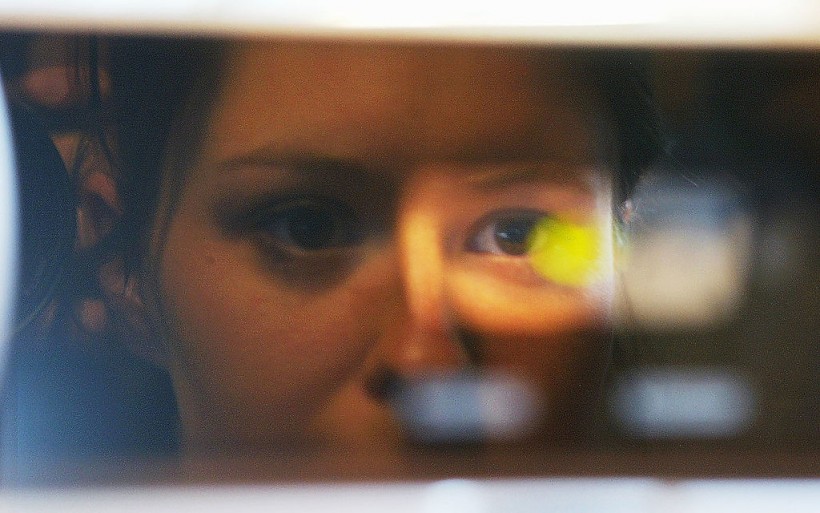
In a landmark decision, Clearview AI, the controversial facial recognition technology company, has emerged victorious in its appeal against the Information Commissioner's Office (ICO), overturning a hefty £7.5 million fine for unlawfully storing facial images, the BBC reports.
This victory marks a significant moment in the ongoing debate surrounding privacy, surveillance, and the reach of law enforcement agencies.
What Is Clearview AI?
Clearview AI operates a unique system likened to a search engine for faces. Its service enables users to upload a photo, after which it scans a massive database of billions of images scraped from the internet in search of matches. Upon finding a match, it provides users with links to where the matching images are located online.
In March, the company's founder, Hoan Ton-That, revealed that Clearview AI had conducted almost a million searches for US police, assisting in solving various crimes, including homicides. Their database boasts a staggering 30 billion images collected from the web.
Ukraine even utilized the facial recognition database in its war against Russia.
The Problem with Face Search Databases
However, this technology has faced severe criticism, with opponents arguing that it effectively places everyone in a "perpetual police line-up."
Even before the ICO's action, which has now been deemed unlawful, countries like France, Italy, and Australia took legal action against Clearview AI.
In response to these pressures, the company shifted its client base and now exclusively serves clients engaged in criminal law enforcement and national security functions, no longer catering to commercial entities.
Read Also: India Cracks Down on AI Misinformation, WhatsApp May Be Required to Display First Message Source
Clearview AI's Appeal
The heart of this appeal hinged on jurisdiction. The three-member tribunal at the First-tier Tribunal ruled that, although Clearview AI did process data related to monitoring people's behavior in the UK, the ICO did not have the authority to enforce a fine in this case. The crucial distinction lies in Clearview's clients being solely law enforcement entities based outside the UK.
Upon hearing this verdict, the ICO made it clear that this judgment does not strip them of their authority to act against international companies that process UK citizens' data, particularly businesses that scrape data from UK individuals. The judgment appears to provide a specific exemption related to foreign law enforcement.
Will Richmond-Coggan, a data protection partner at law firm Freeths, emphasized that this appeal verdict should not be seen as granting blanket permission for wide-scale data scraping activities. It underscores the idea that UK data protection regulations could still apply even when collecting publicly available data.
It is important to note that Clearview AI's services do not currently have clients in the UK or the EU, focusing primarily on customers in the United States and other countries, including Panama, Brazil, Mexico, and the Dominican Republic.
Stay posted here at Tech Times.
Related Article: ChatGPT Was Able to Give Better Medical Advice on Depression Than Real Doctors, New Study Shows










